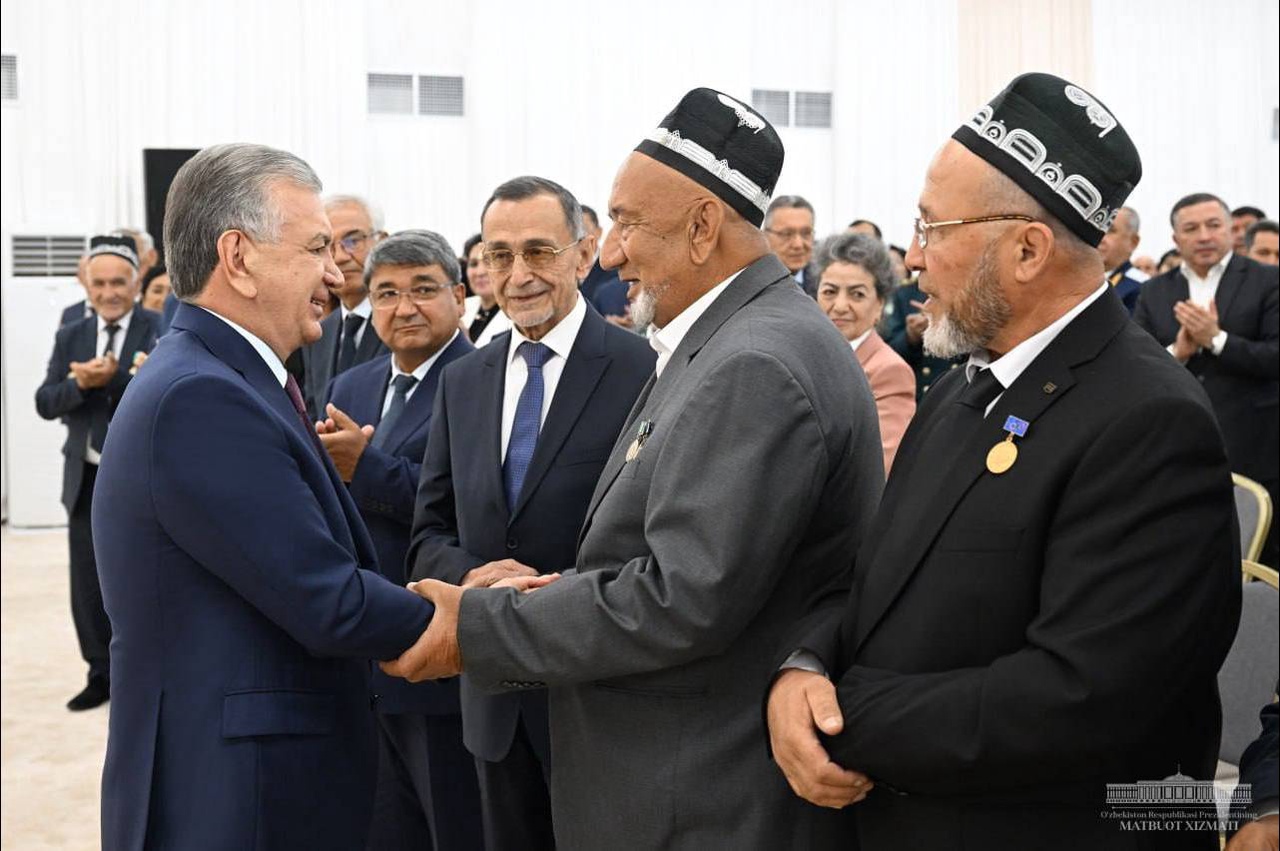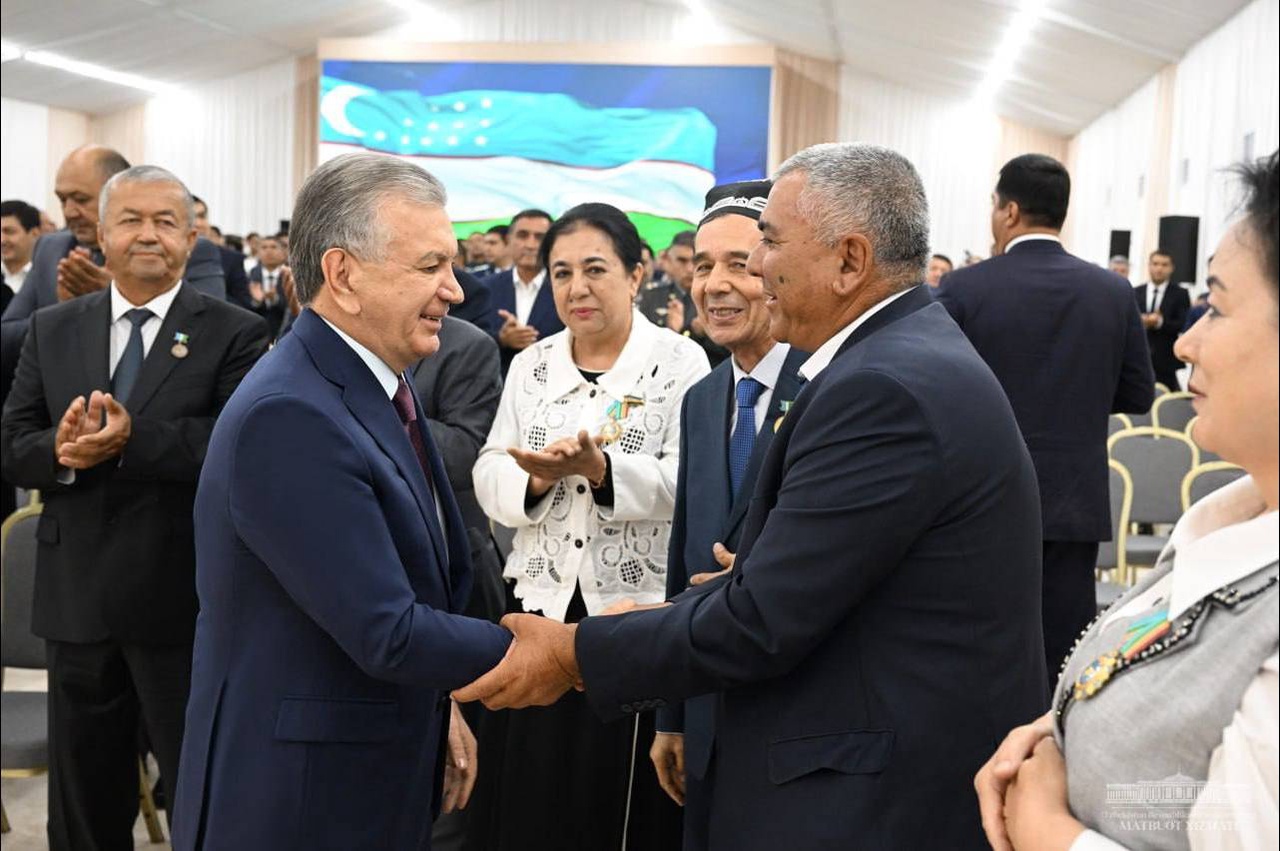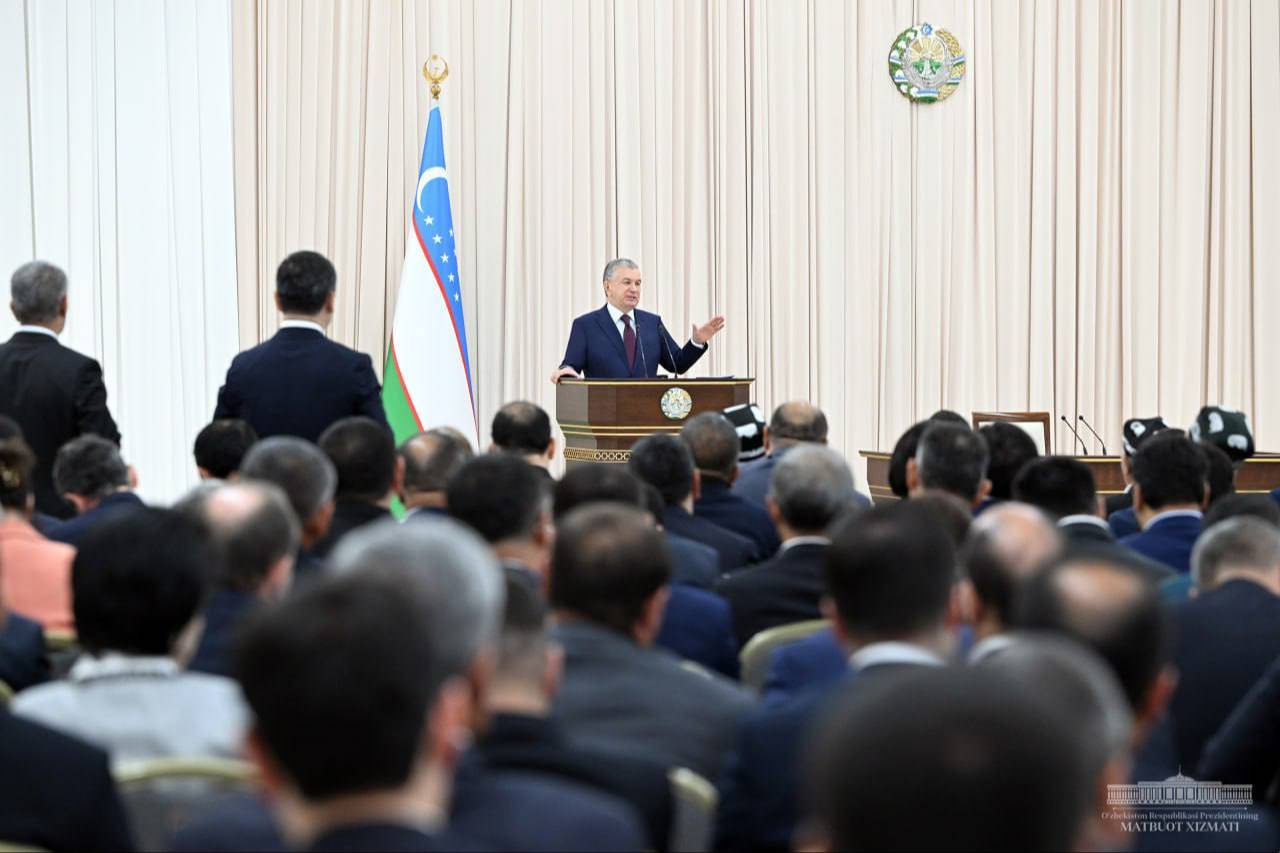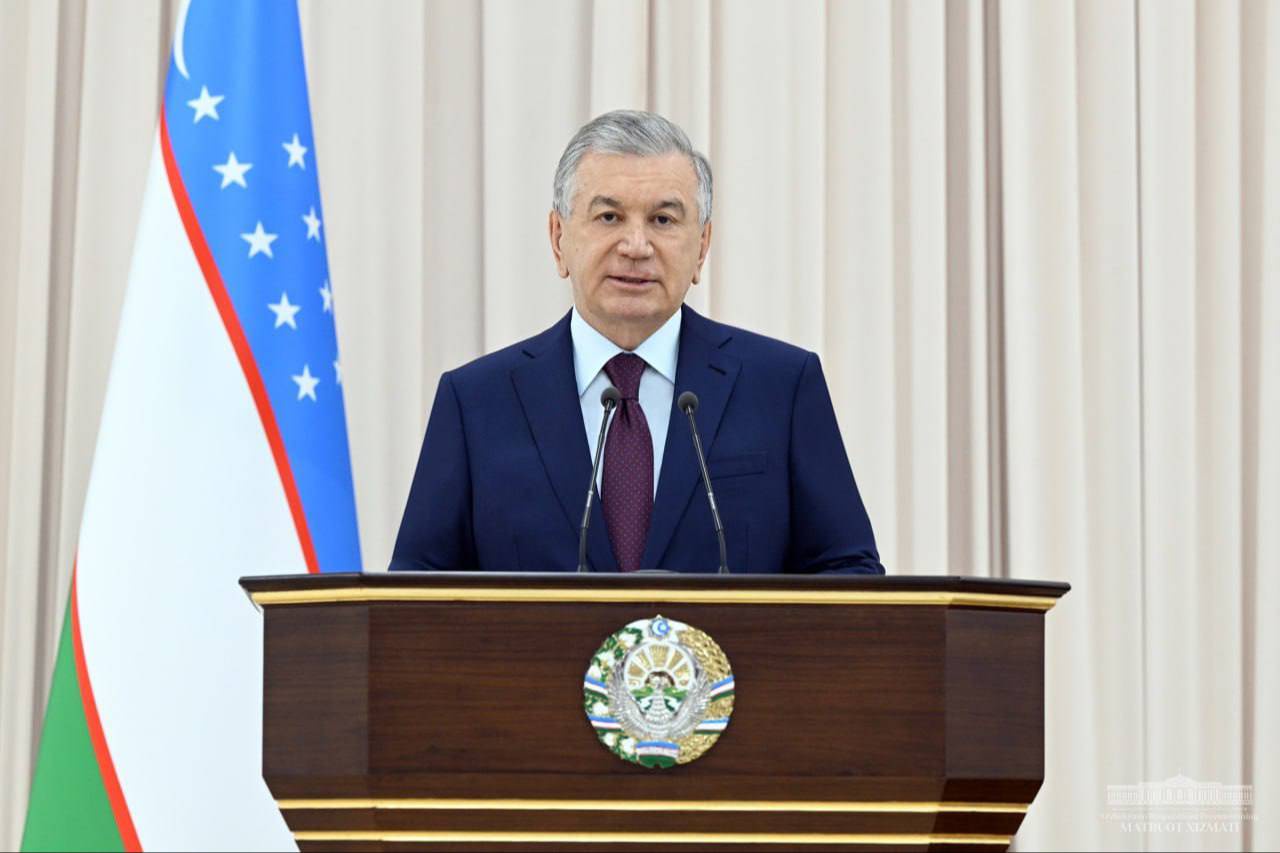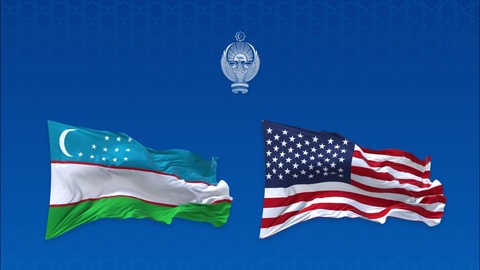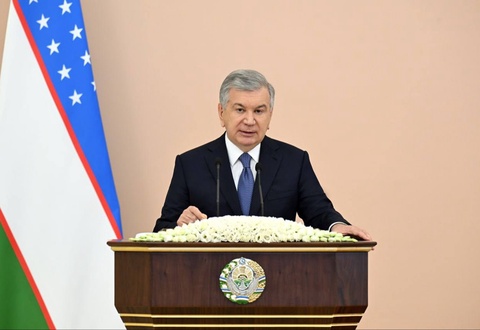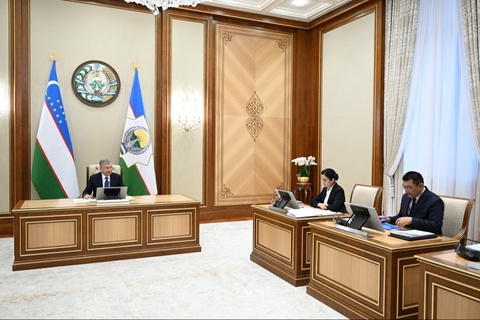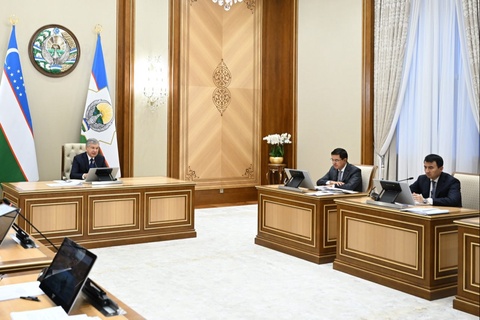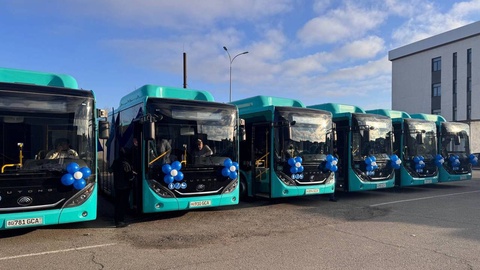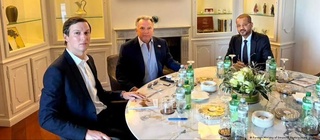President Shavkat Mirziyoyev noted the changes taking place in the region. The region’s economy has grown 1.5 times in recent years, exceeding 53 trillion UZS, and per capita income has reached 26 million UZS. 4.6 thousand enterprises were created in industry, agriculture, and services, which provided 90 thousand jobs. Exports reached $215 million. In Karakul, Jandar, Shafirkan, and Kagan districts, the volume of industrial production in each exceeded 1 trillion UZS per year.
“It is necessary to continue the consistent development of the economy and create new jobs, and train young people”, the President said. “We have the opportunities for this. Using these opportunities, we need to improve the conditions for more than 2 million people in 544 mahallas. Every day, all systems must work and look for ways to achieve these goals”.
The President emphasized that creating decent conditions for the unemployed, low-income people, and those experiencing difficulties abroad is a strategic task for hokims and sector leaders.
In this regard, it was noted that this year in Bukhara, small businesses will receive an additional 2.1 trillion UZS in loans in addition to the 5.9 trillion UZS already allocated. Another $100 million will be allocated for small businesses, tourism, and services. This will provide employment for 78 thousand people by the end of the year.
Industrial zones offer significant opportunities for job creation. In Kagan district, a large industrial complex is being built on an area of 1,000 hectares. A project worth $300 million will be implemented in the first stage. This will add $250 million to the region’s economy, create 2,000 jobs, provide 250 billion UZS in tax revenues, and generate $100 million in exports.
This year, three large electrical engineering facilities worth $50 million will be commissioned in Bukhara and Karaulbazar. A plant for the production of reinforced concrete products will be built, and a jewelry center will be created in the historical part of Bukhara.
200 billion UZS will be allocated for the infrastructure of investment projects, accelerating the launch of five projects worth $405 million. For example, benzene, olefins, aromatic hydrocarbons, pentane, and hexane solvents from naphtha will be produced at the petrochemical cluster in Bukhara district. This will provide an added value of 4.5 trillion UZS, export earnings of $130 million, and 600 high-income jobs.
It was noted that industrial enterprises in the region are insufficiently involved in cooperative purchases. Instructions were given to expand manufacturers’ participation in public procurement. Only actual manufacturers will participate in the Cooperative Portal, and the register of enterprises and data on their annual capacity will be updated.
Necessary conditions are being created in Bukhara to attract 5 million foreign tourists a year. The construction of the cultural and ethnographic park “Eternal Bukhara” and a new airport has begun in the city center.
Instructions have been given to restore 30 historical monuments in the region, create a recreation area on the banks of the Zarafshan River, and increase the number of recreation areas on Tudakul Lake.
The government has been instructed to develop a program for an in-depth study of the rich heritage of our great ancestors and to increase the tourist content around the monuments.
There are also untapped opportunities in agriculture. 57 percent of cotton is processed in the region. The rest is sold as raw material four times cheaper. Although the region produces 1.2 million tons of fruits and vegetables, exports are small due to the lack of places for sale and a packaging system.
A technology park will be created on 30 hectares in the “Karakul” Free Economic Zone to accommodate enterprises in these industries. In particular, the buildings will be constructed with mixed production and painting and transferred to foreign and local partners on favorable terms. This will allow for a complete transition to processing and a doubling of exports.
Markets for Bukhara region will be created in Nizhny Novgorod region and Penza, Russia.
Discussing irrigation issues, it was noted that 87 percent of the costs of delivering water in the region are for electricity. Replacing pumps with energy-saving ones will save at least 400 billion UZS annually.
The President noted the importance of the meeting in Gijduvan, emphasizing the entrepreneurial spirit of residents. The district’s industry has doubled and exceeded 2 trillion UZS in recent years. At this time, more than 2 thousand new entrepreneurs began working.
To continue this pace, tasks have been defined as orienting entrepreneurs toward exports, bringing small-scale production out of the shadows, training young people in professions, and building a modern hospital.
Gijduvan entrepreneurs proposed training 10th and 11th graders and college students in professions after school, paying monthly salaries of up to 2 million UZS with free lunch and transportation. The President approved this proposal, emphasizing that it should be turned into a helpful experience.
In general, as noted, Gijduvan has the potential to create 25 thousand jobs and increase exports by $50 million.
Bank executives presented plans to create 55 thousand jobs with investments of 2 trillion UZS.
Reports from hokims, sector leaders, and entrepreneurs’ proposals were heard at the meeting.


